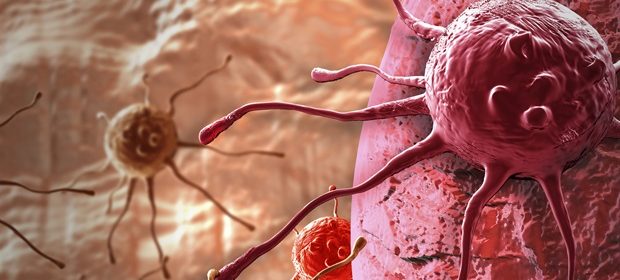AI can improve the effectiveness of colonoscopy in the presence of Lynch syndrome

First study of AI-assisted colonoscopy for colorectal cancer surveillance in patients with genetic predisposition – People with Lynch syndrome have a higher hereditary risk of colon cancer. Despite regular endoscopic surveillance, it remains elevated in those affected. Researchers at the National Center for Hereditary Tumor Diseases (NZET) at Bonn University Hospital (UKB) have now found that artificial intelligence (AI) can improve the effectiveness of colonoscopy in the presence of Lynch syndrome. The study results have been published online in the United European Gastroenterology Journal.
Hereditary non-polyposis colorectal cancer (HNPCC)" – Lynch syndrome (LS) for short – is the most common hereditary colorectal cancer syndrome. Based on estimates, it is believed to affect approximately 300,000 individuals in Germany alone. LS is responsible for about two to three percent of all colon cancers. It is triggered by defects in genes responsible for repairing the human genetic material DNA. Children of those affected have a 50 percent risk of also having the pathologically altered hereditary disposition, technically known as a mutation, and thus also a high risk of developing colon cancer at a young age.
Therefore, regular monitoring by means of colonoscopy is recommended here every one to two years.
However, despite such regular endoscopic monitoring, the risk of colorectal cancer remains elevated in those affected."
Prof. Jacob Nattermann, Head of the Hepatogastroenterology Section at UKB's Medical Clinic I, Director: Prof. Christian Strassburg
The researchers explain this by the fact that colonoscopy still misses a considerable number of adenomas, the potential precursors of colorectal cancer. "Small and flat adenomas in particular are at risk of being overlooked even by experienced gastroenterologists," says Prof. Nattermann.
Increase adenoma detection rate
Genetics & Genomics eBook

Recent data suggest that artificial intelligence (AI)-assisted colonoscopy, also known as computer-aided detection (CADe), may help increase adenoma detection rates (ADR) in the general population. "Therefore, the aim of our study was to evaluate the diagnostic performance of AI-assisted colonoscopy in patients with Lynch syndrome," says Robert Hüneburg, senior physician at UKB's Medical Clinic I. Thus, in close collaboration with the Institute of Medical Informatics, Statistics and Epidemiology at the University of Leipzig, 46 LS patients were studied using standard endoscopy and 50 LS patients with AI-assisted colonoscopy between December 2021 and December 2022. Here, significantly more of the AI-assisted examinations (36 percent) detected adenomas than the standard examinations (26.1 percent). "This was mainly due to significantly improved detection of flat adenomas," Hüneburg says. In summary, this study was the first in the world to collect data suggesting that AI-assisted real-time colonoscopy is a promising approach to optimize endoscopic surveillance of LS patients, especially to improve detection of flat adenomas. "Due to the small sample size, based on these results, a larger multicenter study is now planned under the leadership of our department," said Prof. Nattermann.
University Hospital of Bonn (UKB)
Hüneburg, R., et al. (2022) Real-time use of artificial intelligence (CADEYE) in colorectal cancer surveillance of patients with Lynch syndrome—A randomized controlled pilot trial (CADLY). United European Gastroenterology Journal. doi.org/10.1002/ueg2.12354.
Posted in: Device / Technology News | Medical Procedure News | Medical Condition News
Tags: Adenoma, Artificial Intelligence, Cancer, Children, Colon Cancer, Colonoscopy, Colorectal, Colorectal Cancer, Diagnostic, DNA, Endoscopy, Epidemiology, Gastroenterology, Genes, Genetic, Hospital, Lynch Syndrome, Mutation, Syndrome, Tumor
Source: Read Full Article